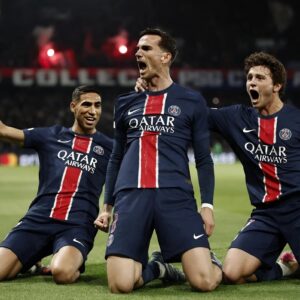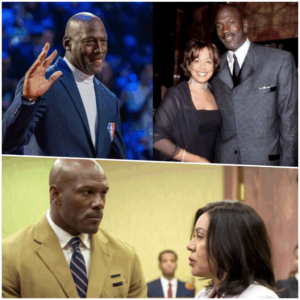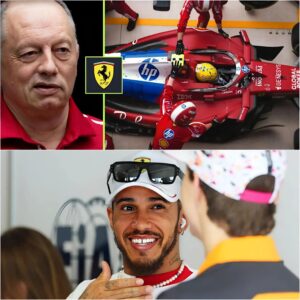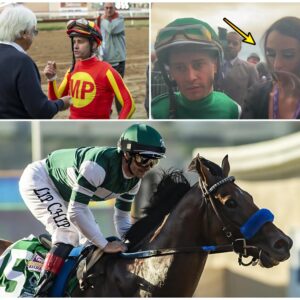In a shocking development that has sent ripples through the football world, three Paris Saint-Germain (PSG) players have been summoned for doping tests following evidence reportedly submitted by Arsenal manager Mikel Arteta to FIFA. The news, which emerged after Arsenal’s recent Champions League semi-final clash with PSG, has sparked intense speculation and debate about the integrity of the sport and the motivations behind the allegations.

The controversy stems from Arsenal’s 3-1 aggregate defeat to PSG in the semi-finals, a tie that saw the French side advance to the Champions League final. According to sources, Arteta, who has a history with PSG from his playing days, provided FIFA with what he claims is credible evidence suggesting the use of performance-enhancing substances by three unnamed PSG players. While FIFA has not publicly disclosed the nature of the evidence or the identities of the players involved, the governing body has acted swiftly, mandating immediate doping tests to investigate the claims. This move has intensified scrutiny on PSG, a club that has long been a powerhouse in European football but has faced criticism over financial and ethical concerns.
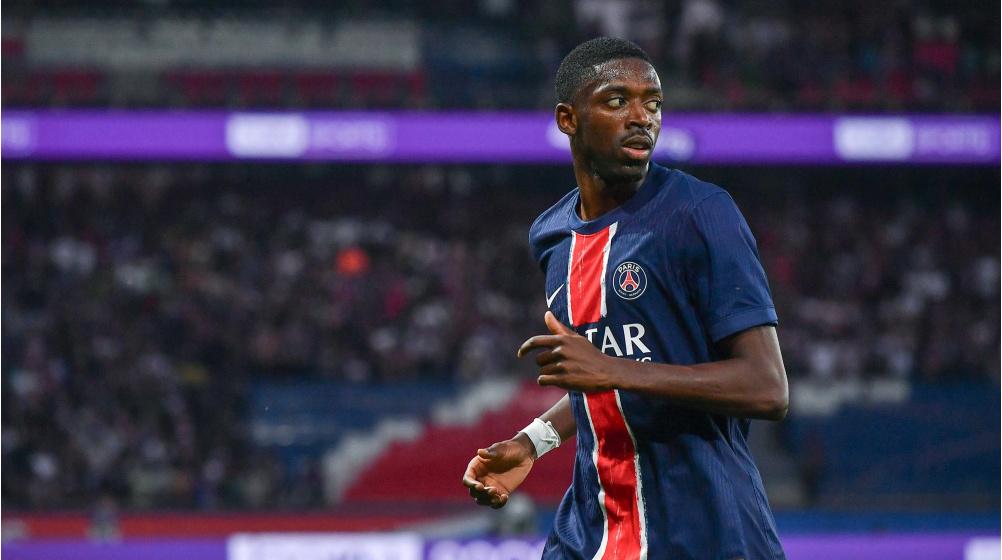
Arteta’s decision to submit evidence has raised eyebrows, particularly given the timing. Arsenal’s elimination from the Champions League, coupled with their inconsistent Premier League form, has put the Spanish manager under pressure. Some observers suggest that Arteta’s actions may be an attempt to deflect attention from his team’s shortcomings, while others argue that he is taking a principled stand to protect the integrity of the game. Arteta himself has remained tight-lipped, stating only that he has a responsibility to uphold fairness in football. His past as a PSG player, where he spent 18 months on loan from Barcelona, adds a layer of complexity, with some speculating that his insider knowledge of the club may have informed his allegations.
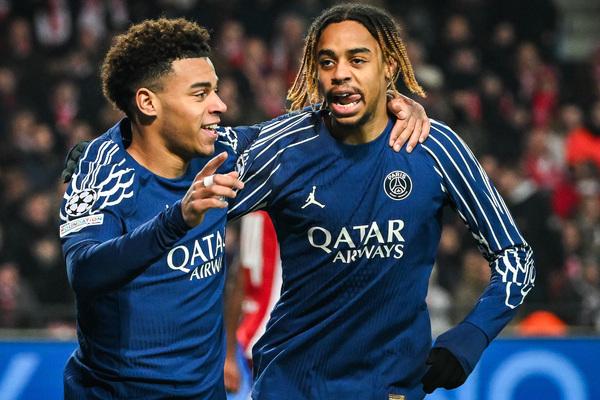
PSG, for their part, has vehemently denied the accusations, labeling them as baseless and accusing Arsenal of sour grapes. The club issued a statement asserting that their players adhere to the highest standards of professionalism and that they fully cooperate with all regulatory bodies. PSG’s manager, Luis Enrique, who also shares a history with Arteta from their time at Barcelona, expressed disappointment, calling the allegations a distraction from his team’s hard-earned success. The club’s fans have taken to social media, decrying what they see as an attempt to tarnish PSG’s reputation ahead of the Champions League final.
The doping tests, which are being conducted under strict FIFA protocols, could have far-reaching consequences. If the players are found guilty, they could face lengthy bans, and PSG might be subject to sanctions, potentially affecting their participation in future competitions. The scandal also raises broader questions about doping in football, a sport that has historically been less plagued by such issues compared to athletics or cycling. Past cases, such as those involving Kolo Touré and Samir Nasri, highlight the rarity but severity of doping violations in the game.
As the football community awaits the results of the tests, the incident has cast a shadow over PSG’s Champions League campaign and Arsenal’s season. For Arteta, the move is a high-stakes gamble that could either cement his reputation as a defender of the sport’s values or backfire, alienating him in the football world. For PSG, the allegations threaten to undermine their pursuit of European glory. Whatever the outcome, this saga underscores the delicate balance between competition, ethics, and the relentless pursuit of success in modern football. The truth, when it emerges, will undoubtedly shape the narrative of the sport for years to come.
